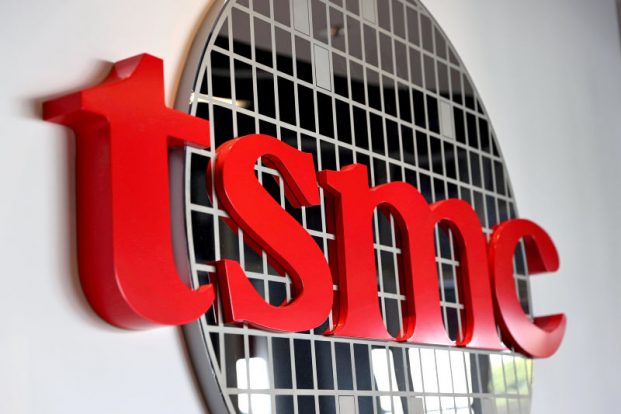Sony Group confirmed on Thursday that it is in talks with Taiwan Semiconductor Manufacturing Co to build a chip factory in the western Japanese prefecture of Kumamoto.
The company said, while announcing its second-quarter earnings, that Sony would discuss the issue with TSMC and Japan’s Ministry of Economy, Trade and Industry.
Sony is also considering whether to transfer factory-building technology to TSMC.
“The stable procurement of semiconductors is a crucial issue amid the chip crunch and TSMC’s plant could be a solution,” said Hiroki Totoki, the company’s chief financial officer.
Sony and TSMC are also discussing how the companies can deepen their partnership, Totoki added.
The Japanese electronics giant on Thursday revised up its annual earnings forecast for the second time this year. It now expects record operating profit of at least 1 trillion yen ($9.1 billion) for the year ending March 2022, a 9% rise from a year ago. Previously, it had expected a 3% rise.
However, its quarterly results saw profits halving from 459 billion yen in 2020 to 283 billion yen this year.
Chips For Cars, Cameras
The plant in Kumamoto, southern Japan, is expected to produce semiconductors for automobiles, camera image sensors and other products that have been hit by a global chip shortage, and is likely to start operations by 2024, the report said.
Japan’s top auto parts maker Denso is also looking to participate through such steps as setting up equipment at the site, the report said. The Toyota Motor group member seeks stable supplies of chips used in its auto parts.
Governments are seeking to shore up national chip production capabilities as a shortage of the processing power behind everything from fridges and iPhones to cars and power stations has hit global manufacturers. Among them, China has invested heavily in its homegrown fabricator SMIC.
The coronavirus pandemic has accelerated digital transformation around the world, driving demand for more chips.
The Japanese government backs the Sony-TSMC project and plans to offer a concession package.
The cost of the project is estimated to be around 1 trillion yen ($8.8 billion).
• By George Russell.
READ MORE:
TSMC ‘Won’t Give Company Secrets’ To US Chips Crisis Probe
Nintendo Not Consoled By Switch Sales’ Downward Path
























